Home>Home Appliances>Home Automation Appliances>Why Does My Google Home Randomly Talk?
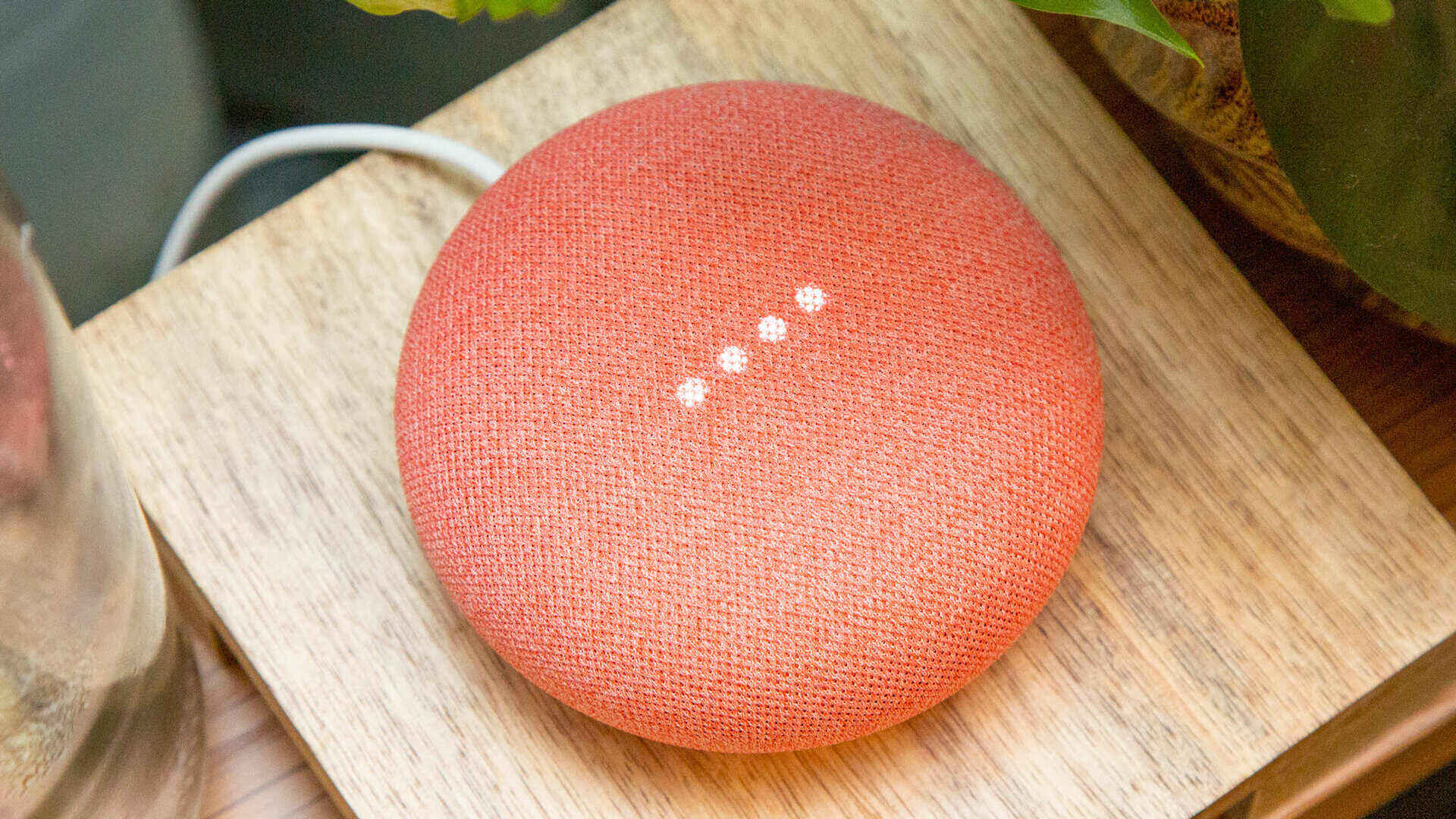

Home Automation Appliances
Why Does My Google Home Randomly Talk?
Published: December 23, 2023
Discover why your Google Home randomly talks and how to troubleshoot it. Get insights on home automation appliances and solve the issue today!
(Many of the links in this article redirect to a specific reviewed product. Your purchase of these products through affiliate links helps to generate commission for Storables.com, at no extra cost. Learn more)
**
Introduction
**
Welcome to the fascinating world of Google Home, where modern technology seamlessly integrates with everyday living. Google Home, with its voice-activated assistant, has revolutionized the way we interact with our living spaces. However, as with any advanced technology, unexpected occurrences can sometimes leave users puzzled. One such occurrence is the seemingly random talking or activation of Google Home devices. In this article, we will delve into the intricacies of Google Home, explore the potential causes of its spontaneous chatter, and provide practical tips for preventing this phenomenon. Whether you are a seasoned Google Home user or contemplating incorporating this innovative device into your home, understanding the reasons behind its unexpected vocalizations is crucial for a seamless and enjoyable user experience. Let's embark on this enlightening journey to unravel the mystery of Google Home's random talking.
Key Takeaways:
- Google Home may talk randomly due to environmental noises, voice recognition errors, and unintentional triggers. Optimizing device placement and refining voice recognition settings can help prevent this phenomenon.
- To prevent Google Home from talking randomly, optimize its placement, refine voice recognition settings, minimize background noise, keep software updated, and practice mindful communication. These measures ensure a seamless user experience.
Read more: Why Does My Google Home Light Up Randomly
Understanding Google Home
Before delving into the potential causes of Google Home’s random talking, it’s essential to grasp the fundamental workings of this smart home device. Google Home is a voice-activated speaker powered by the Google Assistant, designed to simplify various tasks and integrate seamlessly with other smart devices in your home. Its capabilities range from answering questions and providing weather updates to controlling smart home appliances and playing music on command. The device is equipped with an array of microphones that are always listening for the wake word, which, when detected, prompts the Google Assistant to spring into action.
Google Home’s ability to discern the wake word, typically “Hey Google” or “OK Google,” is a testament to its advanced voice recognition technology. Once activated, the device awaits further commands or inquiries from the user. This intuitive interaction between humans and technology has redefined the concept of a smart home, offering unparalleled convenience and efficiency.
Moreover, Google Home is designed to adapt to its environment, learning to recognize the voices of frequent users and providing personalized responses. Its integration with various smart home devices allows for centralized control, enhancing the overall home automation experience. The seamless integration of Google Home with other smart devices, such as smart lights, thermostats, and security systems, creates a cohesive and interconnected ecosystem within the home.
Understanding the capabilities and intricacies of Google Home is pivotal in comprehending the potential reasons behind its spontaneous activation and vocalization. By familiarizing ourselves with the underlying technology, we can better address and mitigate the occurrence of random talking, ensuring a harmonious and efficient interaction with this innovative smart home device.
Possible Causes of Random Talking
Google Home’s unexpected vocalizations can stem from various factors, ranging from environmental influences to inadvertent triggers. Understanding these potential causes is essential for effectively addressing and preventing random talking episodes.
- Environmental Noises:** Google Home’s sensitive microphones can sometimes misinterpret ambient sounds as the wake word or a command, leading to unintended activations. Background noises, such as conversations, television dialogue, or even similar-sounding words, may inadvertently trigger the device.
- Cross-Device Interference:** In a multi-device setup, the proximity of multiple Google Home devices can result in interference, causing one device to respond to commands intended for another. This cross-device confusion can lead to seemingly random vocalizations.
- Voice Recognition Errors:** Despite its advanced voice recognition capabilities, Google Home may occasionally misinterpret sounds or voices, leading to unintended activations. Factors such as accents, speech patterns, or even a user’s voice modulation can contribute to recognition errors.
- Software Glitches:** Like any digital system, Google Home may experience occasional software glitches or bugs that could prompt unexpected vocal responses. These anomalies can arise from software updates, temporary system hiccups, or compatibility issues with other connected devices.
- Unintentional Triggers:** Users may inadvertently activate Google Home through unintentional utterances or phrases that resemble the wake word. This can occur during casual conversations or when discussing topics that include words similar to the wake word.
By recognizing these potential causes, users can gain insight into the factors contributing to Google Home’s random talking and take proactive measures to mitigate such occurrences. Whether it involves optimizing the device’s placement, refining voice recognition settings, or minimizing environmental interferences, understanding these causes is instrumental in fostering a seamless and uninterrupted user experience with Google Home.
Make sure your Google Home is not placed near any electronic devices that could trigger it to speak, such as a TV or radio. Also, check for any scheduled reminders or alarms that may be causing the random talking.
How to Prevent Random Talking
Addressing and preventing random talking episodes with Google Home involves a combination of strategic adjustments, user awareness, and proactive measures. By implementing the following preventive strategies, users can minimize the occurrence of unintended vocalizations and optimize their interactions with Google Home.
- Optimize Device Placement:** Positioning Google Home away from sources of ambient noise, such as televisions, speakers, or high-traffic areas, can reduce the likelihood of unintended activations due to environmental sounds. Additionally, ensuring adequate spacing between multiple Google Home devices can mitigate cross-device interference.
- Refine Voice Recognition Settings:** Users can fine-tune Google Home’s voice recognition sensitivity and accuracy through the device settings. Adjusting the sensitivity level and training the device to recognize specific voices can enhance its ability to discern intentional commands while minimizing false activations.
- Minimize Background Noise:** Creating a quieter environment during interactions with Google Home can help mitigate the impact of ambient sounds on the device’s responsiveness. Simple measures such as lowering the volume of nearby electronic devices and minimizing conversations in close proximity to the device can contribute to a more controlled acoustic environment.
- Regular Software Updates:** Keeping Google Home’s firmware and associated apps up to date is crucial for addressing potential software glitches and compatibility issues. Regular updates ensure that the device operates with optimal stability and performance, reducing the likelihood of unexpected vocal responses.
- Mindful Communication:** Encouraging mindful communication practices around Google Home, such as refraining from using words resembling the wake word in casual conversations and being mindful of the device’s listening status, can help prevent unintentional triggers.
By proactively implementing these preventive measures, users can foster a more controlled and reliable interaction with Google Home, minimizing the occurrence of random talking episodes and optimizing the device’s responsiveness to intentional commands and inquiries. These strategies empower users to tailor their smart home experience to align with their preferences and environmental dynamics, ensuring a harmonious integration of Google Home into their living spaces.
Conclusion
As we conclude our exploration of Google Home’s random talking phenomenon, it’s evident that understanding the intricacies of this innovative smart home device is paramount to fostering a seamless and efficient user experience. Google Home’s advanced voice recognition technology, coupled with its integration capabilities, has redefined the concept of home automation, offering unparalleled convenience and connectivity.
By recognizing the potential causes of random talking, such as environmental influences, voice recognition errors, and unintentional triggers, users can gain valuable insights into mitigating and preventing these occurrences. Implementing strategic measures, including optimizing device placement, refining voice recognition settings, and promoting mindful communication practices, empowers users to proactively address and minimize the impact of random vocalizations.
Furthermore, the dynamic nature of technology underscores the importance of staying informed and proactive in managing the interactions with smart home devices. Regular software updates and a keen awareness of the device’s environmental dynamics are essential components of fostering a harmonious and reliable user-device relationship.
As we continue to embrace the boundless possibilities of smart home technology, the journey of understanding and optimizing our interactions with devices like Google Home becomes an integral part of modern living. By leveraging our knowledge and insights, we can navigate the nuances of these devices and unlock their full potential, seamlessly integrating them into our daily lives.
In essence, the occasional random talking from Google Home serves as a reminder of the intricate interplay between technology and our living spaces, prompting us to approach these interactions with curiosity, adaptability, and a proactive mindset. Through this approach, we can harness the transformative power of smart home devices while fostering a harmonious coexistence between technology and everyday living.
Curious about how to streamline your living space with the latest tech? If you found our discussion on Google Home intriguing, you'll definitely want to check out our review of the 12 best home automation solutions set to transform households in 2024. Whether you're starting out or looking to upgrade your current setup, this guide offers valuable insights into selecting the right devices that fit seamlessly into your lifestyle.
Frequently Asked Questions about Why Does My Google Home Randomly Talk?
Was this page helpful?
At Storables.com, we guarantee accurate and reliable information. Our content, validated by Expert Board Contributors, is crafted following stringent Editorial Policies. We're committed to providing you with well-researched, expert-backed insights for all your informational needs.
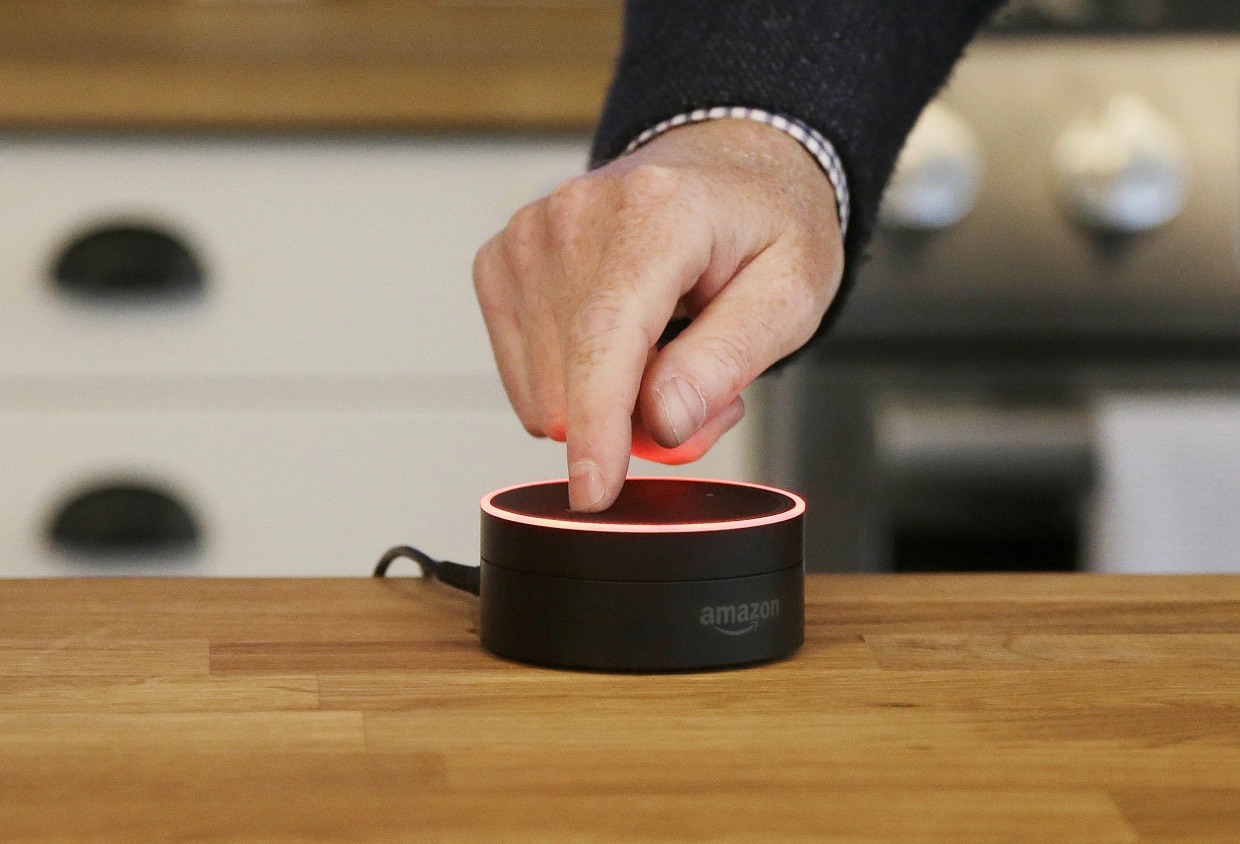
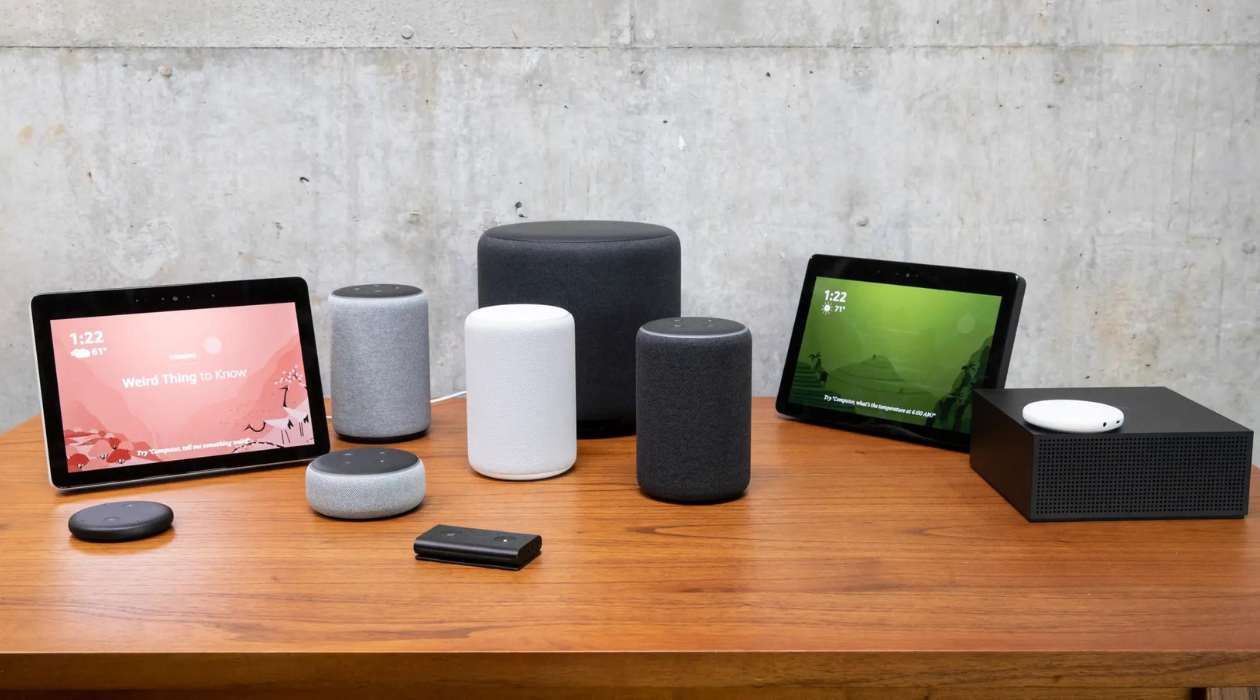

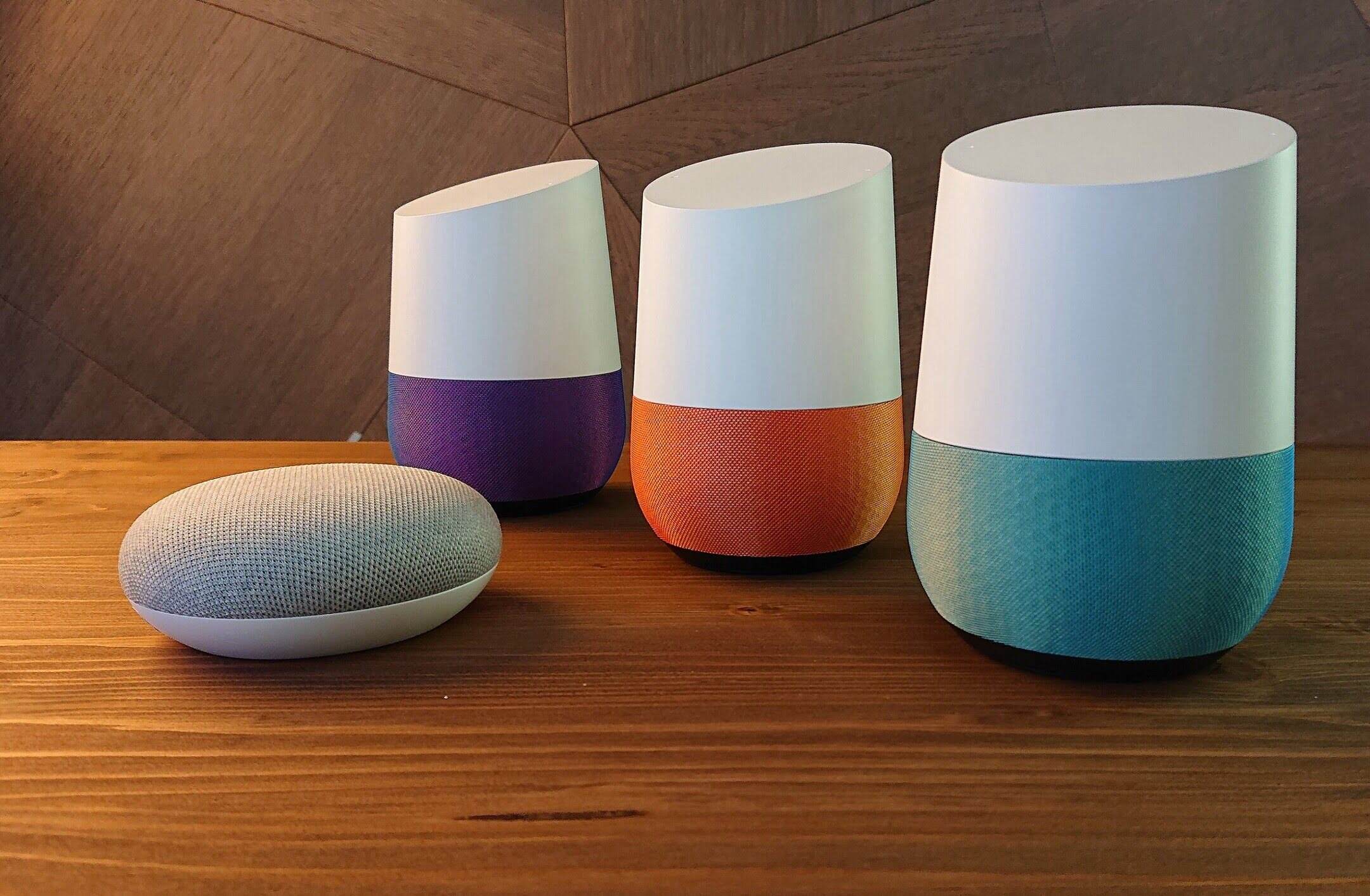
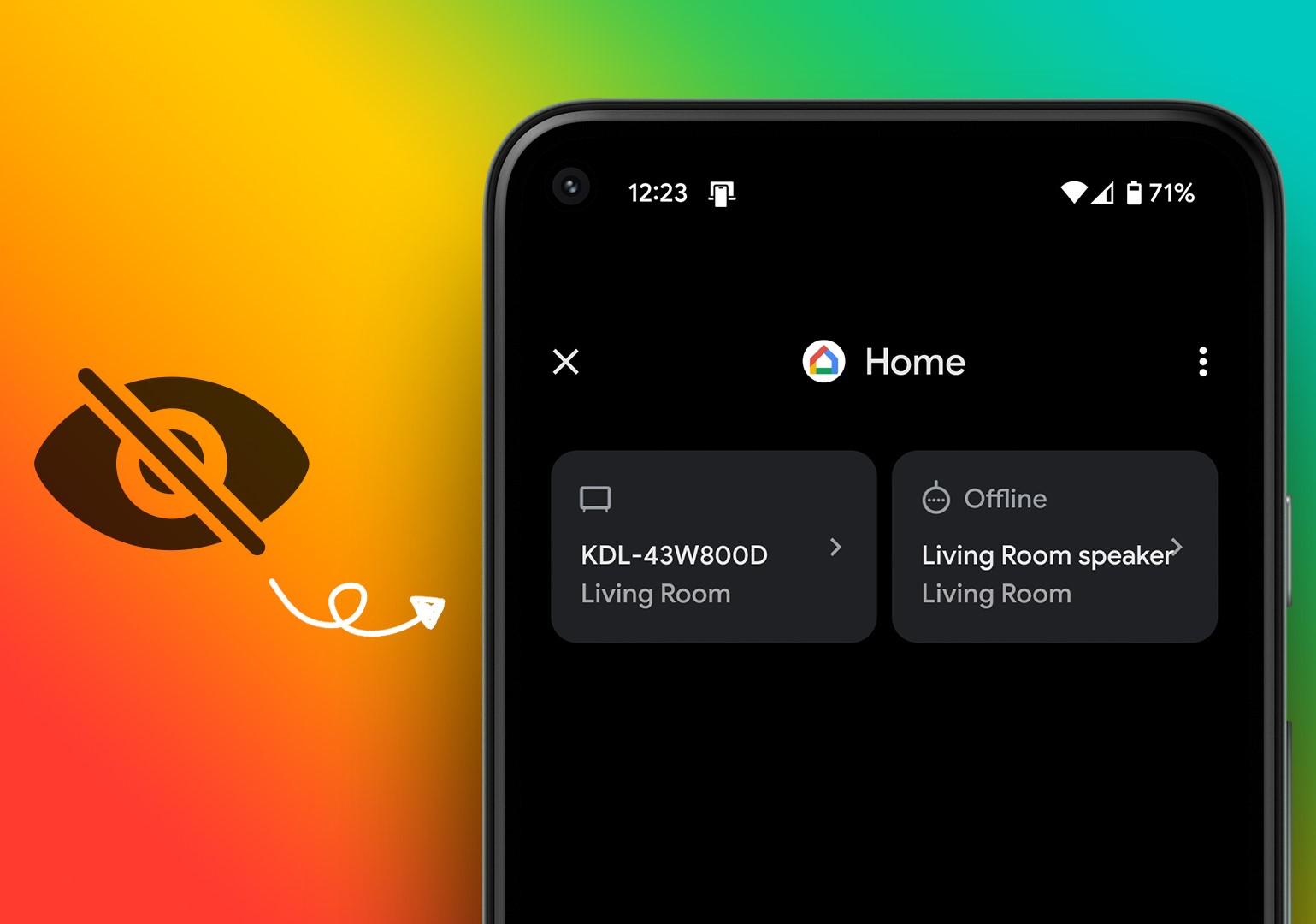
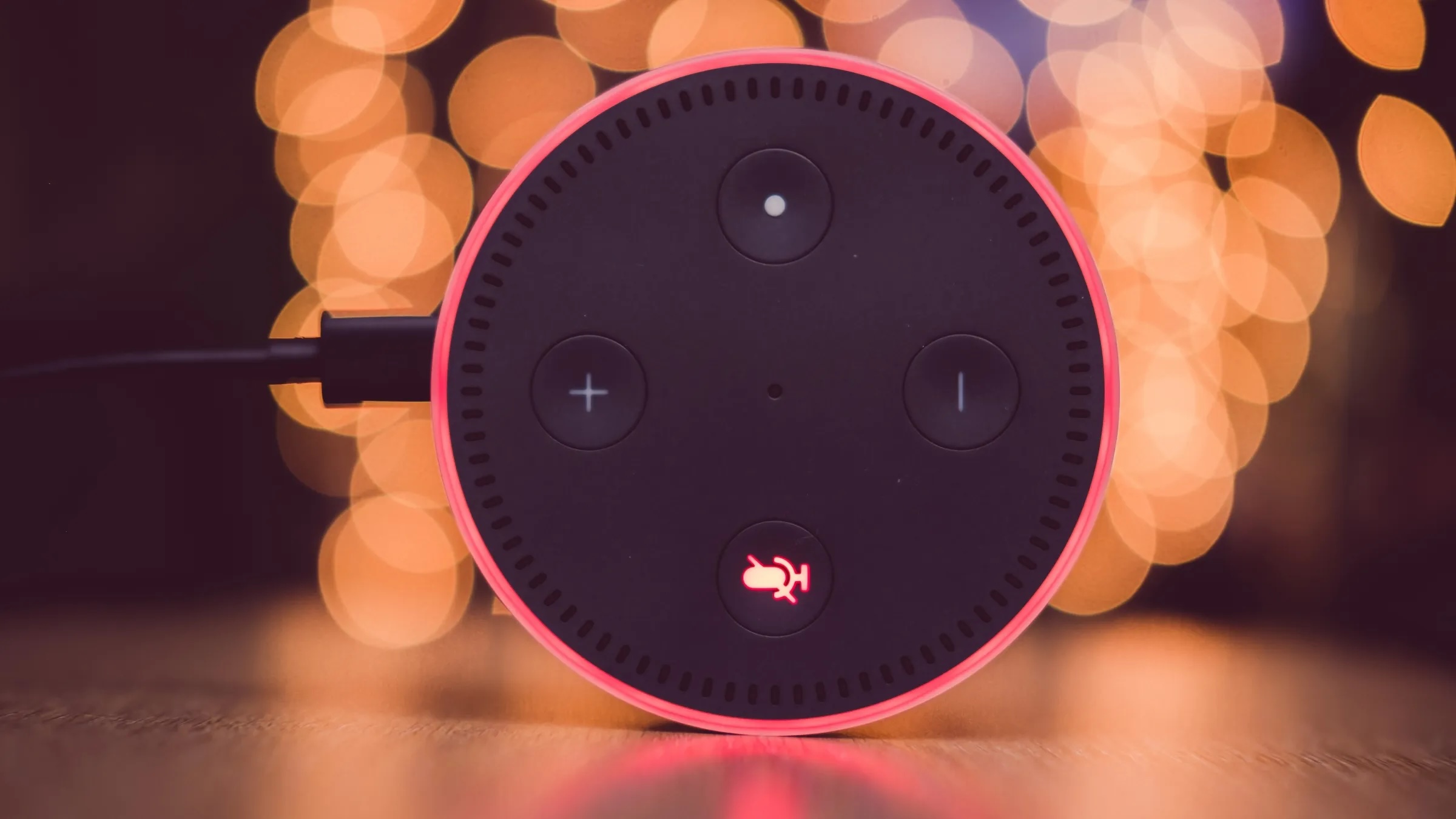

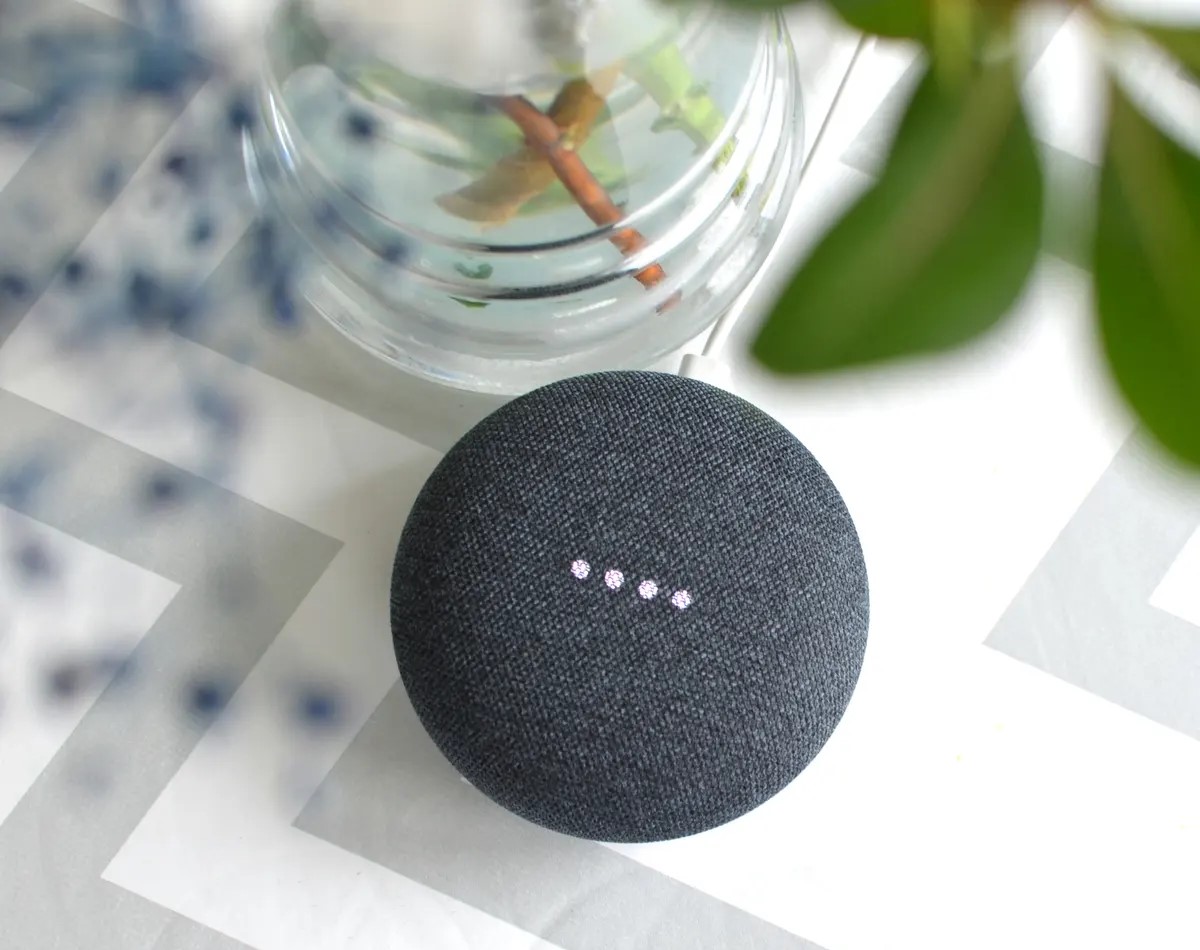


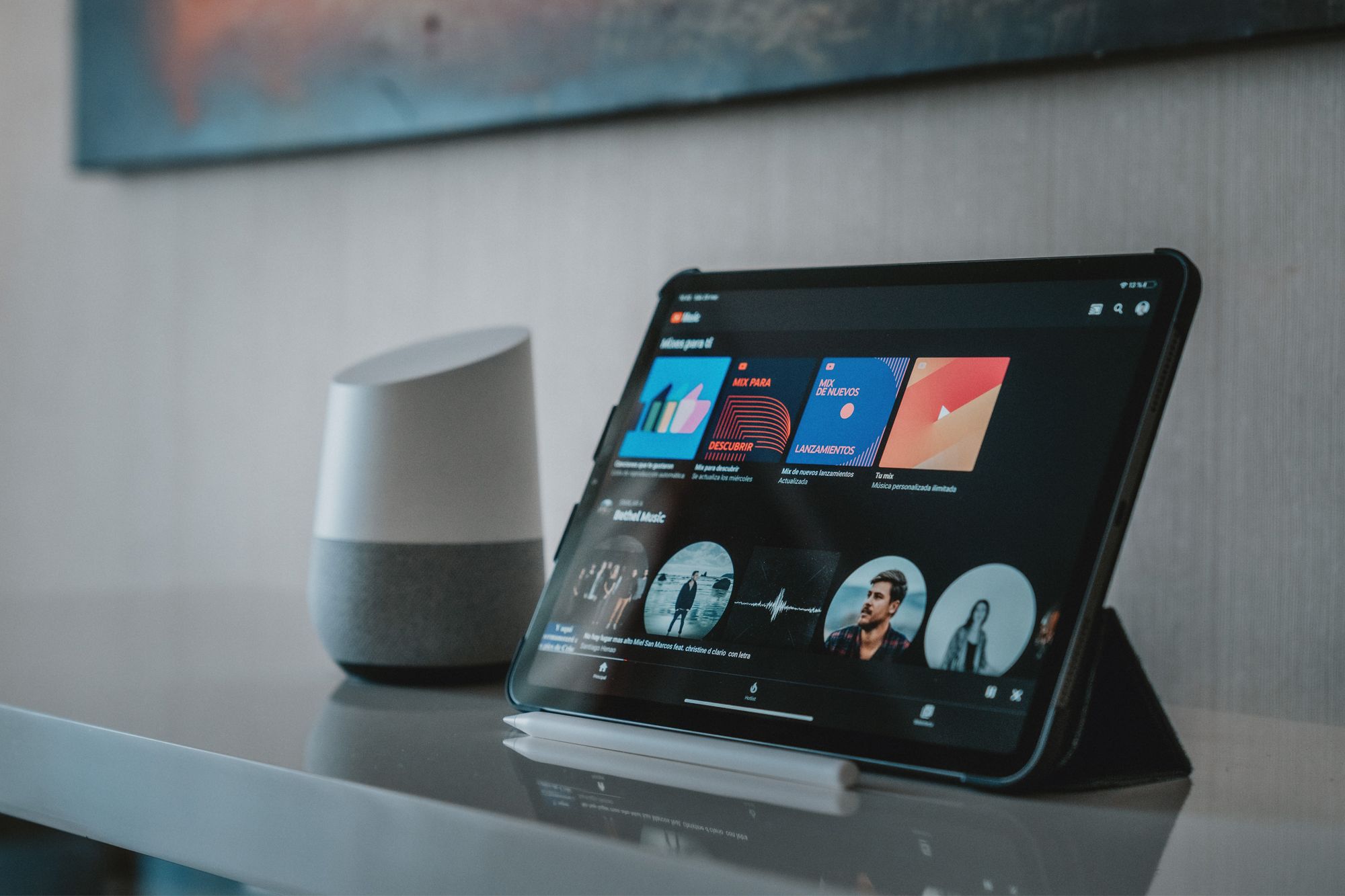
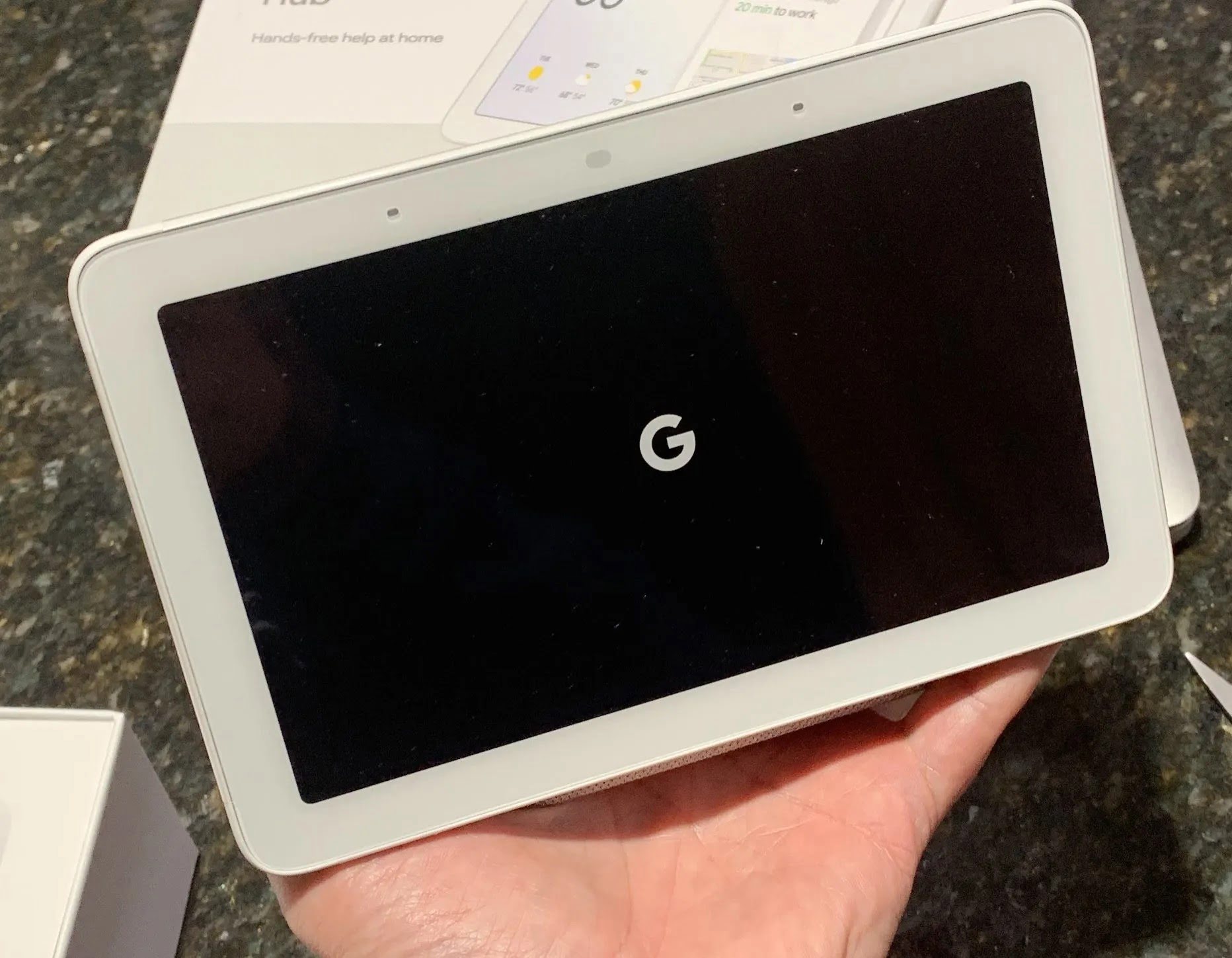
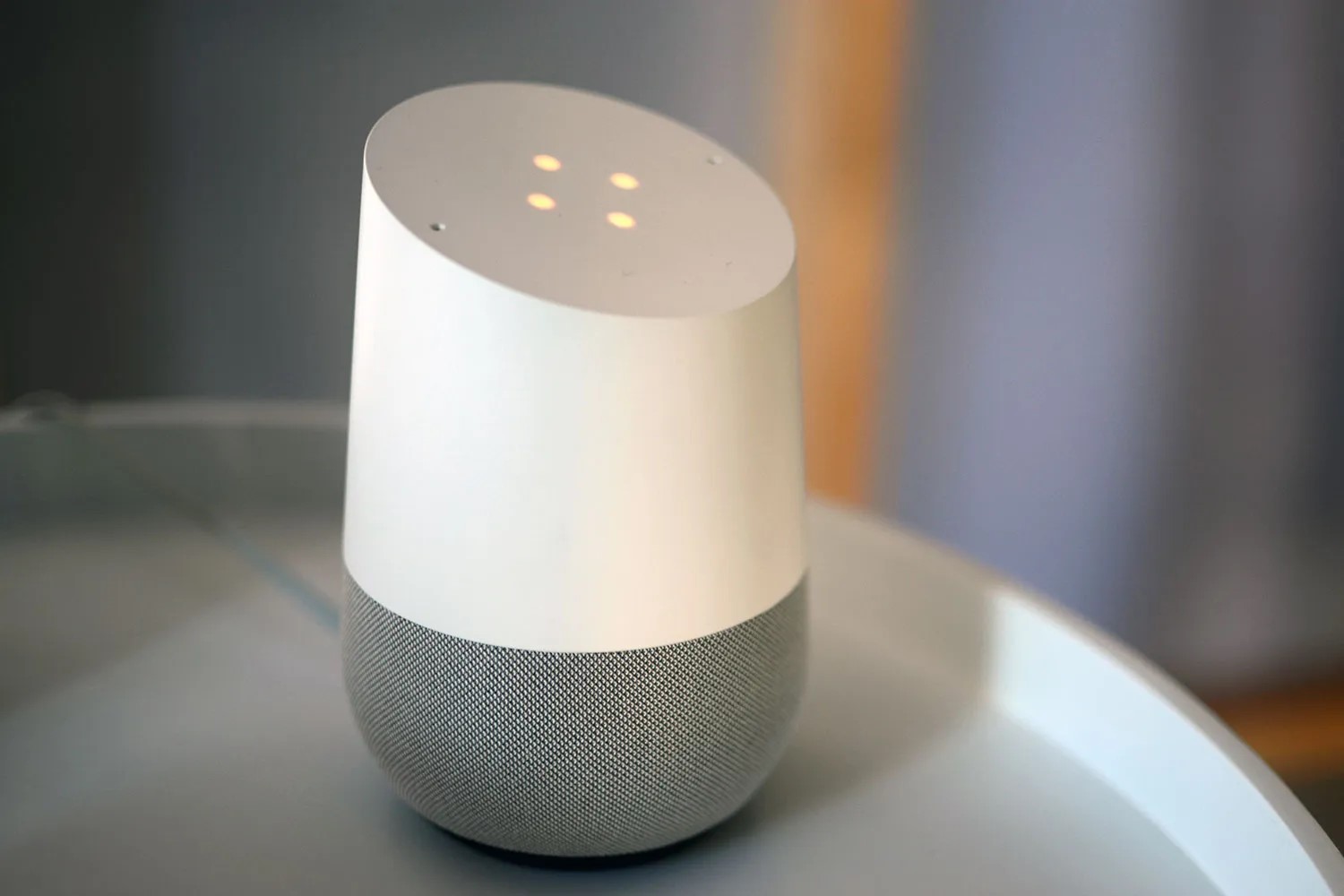

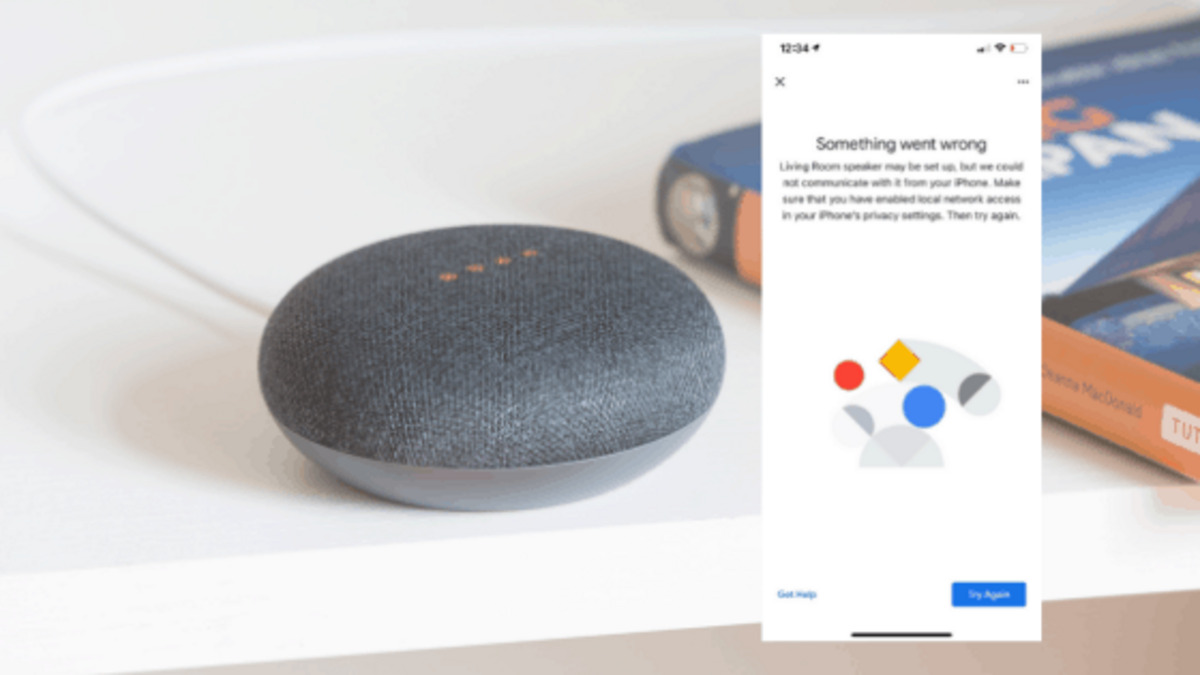

0 thoughts on “Why Does My Google Home Randomly Talk?”